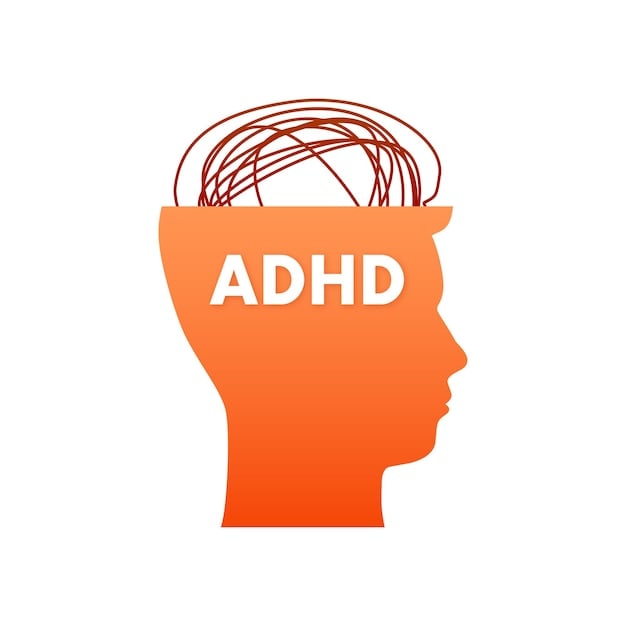deleted by creator
Chetzemoka
- 0 Posts
- 32 Comments

 16·2 years ago
16·2 years agoThere are many many other classes of medications for depression. SNRIs, tricyclics, mood stabilizers, bupropion is a completely different mechanism of action, even drugs that were originally developed to be antipsychotics are used off label.
I agree with others who have suggested that you should see an actual psychiatrist. Other prescribers just don’t have the same training and experience as a psychiatrist with a medical doctor license. There are lots of medications available.

 2·2 years ago
2·2 years agoThis kind of passive bigotry is necessary for genocides to occur. It is the foundation on which the mechanisms of genocide are built.
It’s not just no good; it’s terrifying.

 9·2 years ago
9·2 years agoHmm, “current went missing” isn’t a phrase I’m used to hearing. I wonder if the cardiogram was indicating some level of heart block (often not a dangerous condition, just something to monitor).
With the high fibrinogen, they’re probably concerned about clotting. I wonder, did they check a blood test called d-dimer by chance?
I’m glad you’ll be seeing a doctor soon. We have a lot of good treatments for cardiac conditions these days.

 11·2 years ago
11·2 years agoMay I ask you about the nature of your heart problems exactly?
Because a “heart attack” is not actually a medical thing. What people usually mean when they say “heart attack” is what we call a myocardial infarction (lack of blood flow to the heart muscle caused by a blockage or constriction in a coronary artery.) And less commonly people use the term “heart attack” to refer to cardiac arrest where the heart just stops beating for some reason. (Myocardial infarction can turn into cardiac arrest, but cardiac arrest can happen because of any number of other things as well.)
So do you have a confirmed occlusion of a coronary artery? Or do you have a diagnosed cardiac arrhythmia of some kind? What are they planning to do to treat you? Because “don’t get excited” isn’t a long term management strategy. It’s usually just to get you through until you find a successful treatment.
(I’m a cardiac critical care nurse. AMA)
Dark healthcare provider humor incoming: When considering these kinds of questions regarding CPR, we actually say, “Well, they ain’t getting any deader.”
CPR actually reverses death. That’s why it only works sometimes and only if provided in a very short window of time after you’ve died. Nothing that is done during CPR is going to make that worse. So yeah, the reality is that it’s a little bit of a controlled free-for-all. It’s called “heroic measures” for a reason.

 233·2 years ago
233·2 years agoPhysical therapists have definitely taught me reparative exercises that I would never in a million years have thought of on my own. PT is a god damned miracle drug.

 54·2 years ago
54·2 years agoMy understanding was this was the actual intended use case for NFTs. To allow you to properly own a digital item. The fact that it got applied to a stupid fad right out the gate doesn’t change the fact that it should actually be used to allow us to own things again.

 18·2 years ago
18·2 years agoSinging lessons. I’m honestly not even kidding.
I’m an American who grew up in a part of the country called Appalachia. My native accent is often associated with being uneducated and stupid, so I learned how to change it when I was a young adult.
The thing that helped me most was voice lessons that taught me how to control the muscles in the nasopharynx, throat, tongue. The reason that’s difficult is because you can’t see the way those muscles move when someone else speaks or sings, so you can’t just mimic what they’re doing. It takes a little bit more effort to learn.
Learning how to sing classical western music (opera type stuff) allowed me to learn how to speak in that kind of just generic Midwestern American accent that has less negative social associations.
Now, that being said, I also have Indian friends who grew up in the United States who still speak with a similar Indian accent as their immigrant parents, and it’s really no big deal. So you could just roll with your native accent.
(And also, I still code switch back into my native accent when I’m talking to my family or I visit my home region. Your native accent never goes away even when you learn a different way of speaking.)

 12·2 years ago
12·2 years agoGolf course lawns are lame and terrible for the environment.

 2·2 years ago
2·2 years agoThat was me last fall with my “trash and leaves pile” that is now a nice new garden with flowers and decorative grass

 2·2 years ago
2·2 years agoI am definitely the bad kid on the block lol

 13·2 years ago
13·2 years agoI think “several inches” is a bit overwrought. It’s like one layer of leaves that will be mulched up the instant I mow next spring. And what is a “good idea”? What’s going to happen? Some grass might die. Oh noes, the world will end!
We need to rethink how we live in all respects. And not depleting lawns of nutrients that we have to replace with artificial fertilizer is part of that

 33·2 years ago
33·2 years agoUsually I mulch mow my leaves. This year I just left them whole. We’ll see come spring how much the anti-leaf doomsayers are correct or not. “It can kill grass!” they say. Well, I’m not trying to make my yard look like a golf course in the first place, so maybe let’s start there.

 5·2 years ago
5·2 years agoI mean, Xenk is perfect, knows exactly what the PCs need to know to advance the story, leads them to the correct location, and wins the fight by himself, then walks away lol
Really, go watch it again and it’s so obvious you won’t believe you didn’t catch it first time. (I didn’t either)

 4·2 years ago
4·2 years agoXenk the Paladin can hear everything the PCs are saying because he’s a DMPC lol. It’s pretty subtle, they did a great job with the writing. Go back and watch it again keeping in mind that the DM is playing Xenk

 211·2 years ago
211·2 years agoHollow Knight: Silksong is gonna be perfect.
(Actually, knowing those devs, it might.)

 381·2 years ago
381·2 years agoI’m a nurse, not a doctor, just gonna chime in here that non-alcoholic fatty liver disease is a thing:
In general, any kind of sudden changes to your normal functioning are things you should probably be discussing with a physician, even if you’re young and otherwise healthy. The really encouraging news is that, if this is indeed caused by a health problem, you’re young enough that it’s really likely you can completely reverse it and get back to 100%. And if it’s not, then no harm done by seeing a doctor and confirming that ¯\_(ツ)_/¯
(Also, not to scare you, but no I wouldn’t expect to see that dramatic a decrease in alcohol tolerance over the course of just a couple of years at your age. I think it’s worth talking to a doctor about this.)



This Podcast Will Kill You
They did a whole series on Covid including the history of development of vaccines